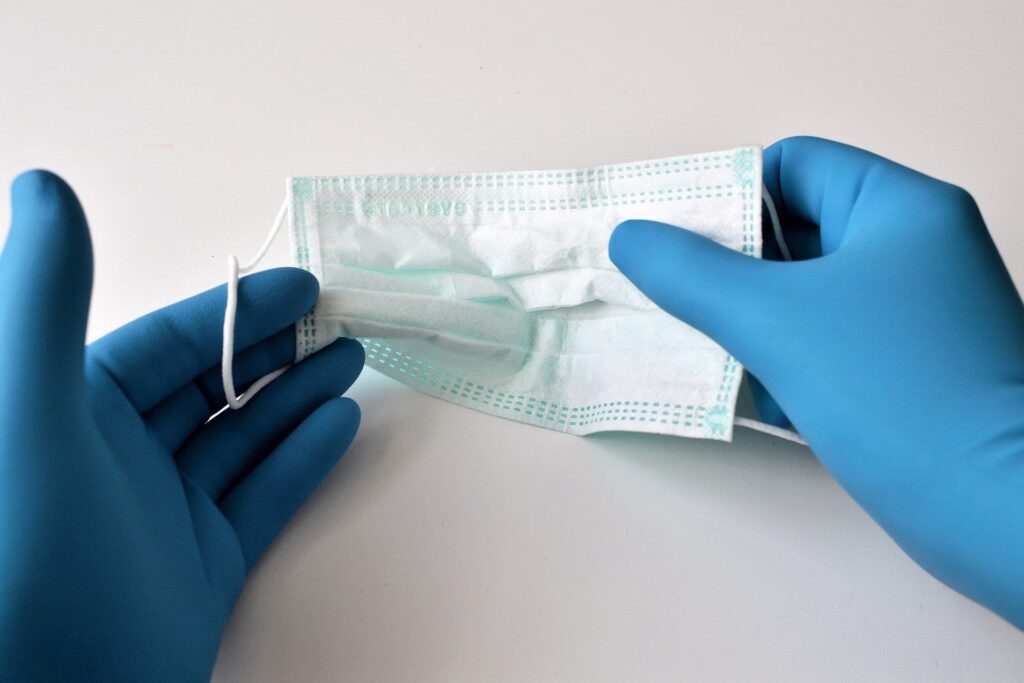
Shoshana Ungerleider, M.D., founder of the End Well Project, discusses the importance of communications skills and palliative care when discussing end-of-life issues with patients.
By Shoshana Ungerleider, M.D., Founder, End Well Project
The COVID-19 pandemic has shown us all that life is fragile and that tomorrow is never a given—no matter how old you are. We’ve experienced incredible loss in the past six months, and this unique moment in time has launched palliative care into the spotlight.
Palliative care is a medical specialty that focuses on maintaining quality of life for anyone facing a life-limiting illness. Research shows that the earlier the engagement with a palliative care team—typically composed of a physician, case manager, nurse, social worker, chaplain and pharmacist—the longer people tend to survive. It’s still a relatively new medical specialty. Though relieving suffering for patients has always been an important part of medicine, it wasn’t until 2008 that the healthcare industry made it a formal, specialty trained medical profession. In fact, it’s the only medical specialty that is not focused on an organ system or trying to cure disease—it’s solely focused on the relief of suffering in its many forms.
However, because of the COVID-19 pandemic, palliative care has quickly become the job of many clinicians—especially those practicing in places hit the hardest by COVID-19, initially in New York and now in much of the South and Southeast. Because of the speed and severity of the disease, an individual might one day have a cough and shortness of breath, and the next day need to be intubated in the intensive care unit (ICU). So many providers have had to quickly learn how to talk to patients about their wishes for end-of-life care. They’ve been forced to ask difficult questions like, “Does the patient want to be intubated if it’s possible he won’t ever come off the machines?” and “If time is short, does the patient want to be in the hospital or, if isolation protocols permit it, go home?”
COVID-19 has illuminated the need for more training in palliative care and communications skills—for every clinician. In the past few months, we’ve seen partnerships like the Center to Advance Palliative Care with Vital Talk, focused on improving communication skills for front-line healthcare professionals. These organizations quickly joined forces to develop a toolkit and app that essentially served as a script for healthcare professionals to follow to broach difficult topics. Tens of thousands of people come to their website every day.
As part of its COVID Ready Communication Playbook, Vital Talk suggests following “CALMER” when talking with patients.
Check in.
“How are you doing with all this?” (Take their emotional temperature.)Ask about COVID.
“What have you been thinking about COVID and your situation?”
Lay out issues.
“Is there anything you want us to know if you got COVID/if your COVID gets really bad?”
Motivate them to choose a proxy and talk about what matters.
“If things took a turn for the worse, what you say now can help your family/loved ones.”
“We’re in an extraordinary situation. Given that, what matters to you?”
Expect emotion.
Watch for this—acknowledge at any point, “This can be hard to think about.”
Record the discussion.
Any documentation—even brief—will help your colleagues and your patient. “I’ll write what you said in the chart. It’s really helpful. Thank you.”
Although I don’t know if Vital Talk is collecting specific data, we have every reason to think that, based on the number of people who are engaging with the content, more people have received basic training in how to talk empathically about these difficult topics. No matter how skilled you are, talking with someone in the emergency room about life and death is incredibly difficult.
Even before COVID-19, we knew that many clinicians faced struggles with communications skills. The majority of physicians have not been trained in how to have difficult conversations with their patients. In fact, in one study published in the Journal of the American Medical Association in 2016, 70% of clinicians reported that they had not received such training. That’s staggering to me. No matter whether you’re a specialized surgeon, a primary care physician or an intensive care unit clinician—we’re all dealing with complicated, difficult topics all the time, even if not related to end-of-life care.
Communications skills need to be part of the training for every clinician. Just as we spend sometimes seven to 10 years training surgeons in various surgical procedures, communications skills ought to be taught like a procedure. There are steps that you need to follow in order to do it right. It should really be made part of the standard curriculum for clinicians.
In a strange sense, I can see the pandemic as a gift, because it’s given everybody a more palpable sense of their own mortality and, hopefully, will encourage more people to have conversations with the people they love about their wishes should they become seriously ill. Death is part of the life cycle that each of us will someday experience. Honoring that fact can help remove potential barriers to essential conversations aimed at making the process less painful, and more meaningful, for everyone involved.
Want to hear more? Check out Dr. Ungerleider’s podcast episode on COVID-19 and end-of-life decisions.



About The Author: Shoshana Ungerleider, MD
Dr. Shoshana Ungerleider is a physician, founder, philanthropist and speaker. She works as an internist at California Pacific Medical Center and Crossover Health in San Francisco. She founded End Well, a first of its kind media platform and annual symposium on human-centered design and innovation to improve the end of life experience. She funded Extremis, a short documentary about end of life decision making in the intensive care unit by Academy Award-nominated director, Dan Krauss. The film was nominated for a 2016 Academy Award and nominated for 2 Emmy Awards. She executive produced End Game, a short documentary on hospice and palliative care by Academy Award winning directors Rob Epstein and Jeffrey Friedman, which was nominated for a 2018 Academy Award.
More posts by Shoshana Ungerleider, MD